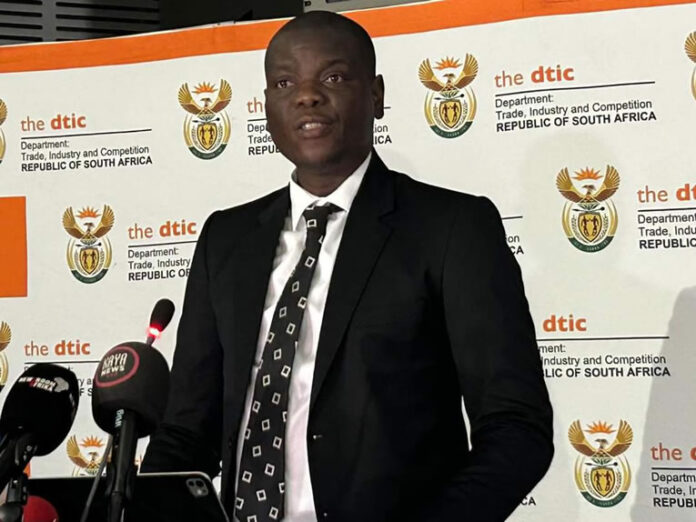SA Government Caught Off Guard by M23 Presence at Peace Summit
JOHANNESBURG – The South African government has been left in an awkward position after representatives of the M23 rebel group from the Democratic Republic of the Congo (DRC) attended a recent peace summit in Magaliesburg, Gauteng. The Department of International Relations and Cooperation (Dirco) claims it had no prior knowledge of the group's attendance, a situation that has since raised questions and stirred controversy.
The second annual African Peace and Security Dialogue was hosted by the Thabo Mbeki Foundation on Thursday. Ronald Lamola, the International Relations and Cooperation Minister, was a keynote speaker at the event. However, on Saturday, he told City Press that his department had no idea that members of the M23 were present.
"We were not aware that there were members of the M23 rebels," Lamola said. He added that Dirco attended the dialogue as guests and did not know or request a list of guest names. He went on to say that for the department, the dialogue was a way of "information sharing and a way of trying to find solutions to the continent’s political conflicts," before directing all further questions to the Department of Home Affairs. Home Affairs, however, refused to comment unless provided with the names of the M23 individuals who attended the summit.
The M23's presence is particularly controversial given the group's recent actions and a report from the UN Human Rights Office. Just last Friday, the UN body released a document accusing M23 of serious human rights violations, including the killing of civilians, which it says amounts to war crimes. The report also specifically pointed to the group's alleged role in the killing of South African soldiers several months ago and blamed them for the outbreak of war in the North and South Kivu provinces of the DRC.
The presence of the M23 representatives at the dialogue was also the reason the DRC government boycotted the event. The government allegedly referenced former president Thabo Mbeki’s previous criticism of the deployment of the SA National Defence Force (SANDF) to the region to support UN peacekeeping efforts. Over 14 SANDF members were killed during the conflict, which led the UN and the South African government to agree on withdrawing soldiers in favour of a more diplomatic approach.
Furthermore, reports from earlier in the week indicated that some opposition leaders from the DRC, including Jean-Claude Kibala, had their passports confiscated after they accepted invitations to the dialogue. Another politician, Jean Marc Makabu, was denied a visa by the DRC government on its orders.
The dialogue's organisers, however, maintain that their intention was to facilitate engagement, not to negotiate. The chairperson of the Thabo Mbeki Foundation, Geraldine Fraser-Moleketi, said that the goal was not to negotiate with conflict parties but to bring them together and facilitate engagement. "The engagement examined the roles of various players in shaping Africa and its countries," she added. The dialogue’s overall aim, she explained, is to develop solutions for Africa’s complex problems.
One of the keynote speakers at the summit, former Mozambique president Joaquim Chissano, spoke about the need for peace and security in Africa. He expressed his concern about the continued lack of peace on the continent, stating that armed conflicts have become a regular feature. He emphasised that dialogue with maximum citizen participation is needed to find lasting solutions.
"In a period of increased nuclear polarisation and violence worldwide, which challenges the foundations of international relations during this difficult time in history… peace has remained elusive in Africa," Chissano said. He acknowledged that while African nations have made progress since independence in building democratic institutions and promoting economic growth, the security landscape has undergone a noticeable shift in the 21st century.
He explained that interstate conflicts from colonial-era injustices have been replaced by new conflicts driven by local grievances and perceptions of marginalisation. "Extremists, particularly terrorists, have evolved into a formidable regional security challenge," he concluded, highlighting the complexity of modern conflicts. He emphasised that in order to understand the problems, one must first recognise the "multiplicity of causes of insecurity."

Follow Us on Twitter











